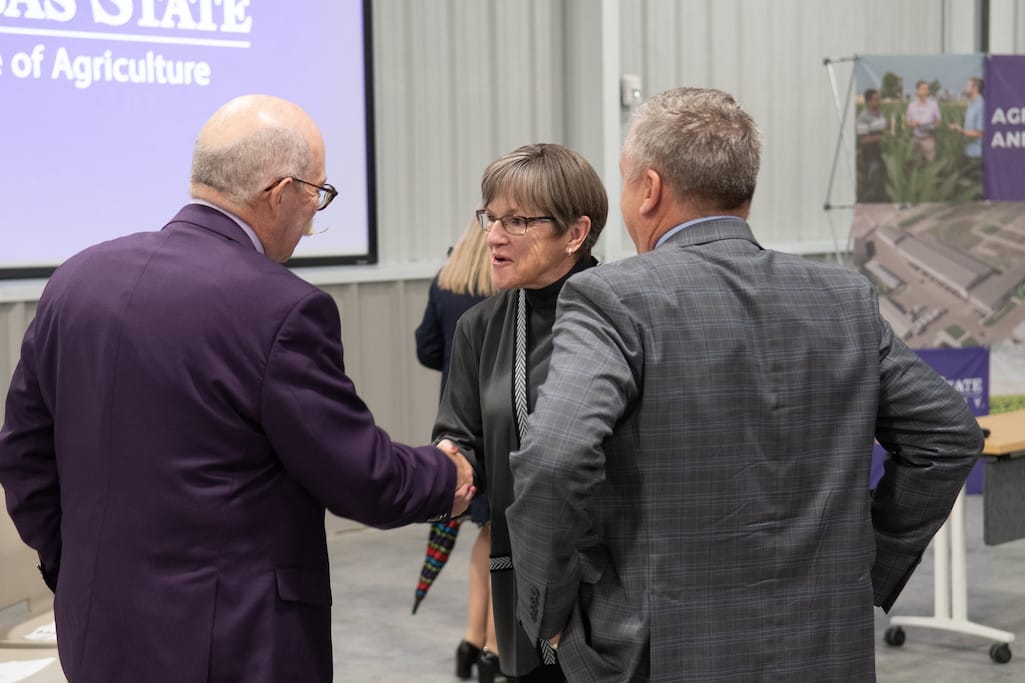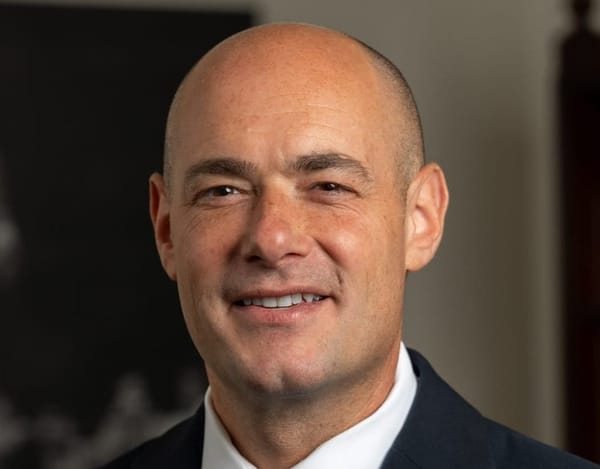FCC Fines TracFone, Rip and Replace Extensions, Kansas State Internet Exchange Point
The FCC’s Enforcement Bureau has entered into a settlement with TracFone for subsidy program violations.
Hanna Agro

November 29, 2023 – The Federal Communications Commission announced Wednesday that the Enforcement Bureau and TracFone Wireless, a Verizon Subsidiary, have reached a $23.5 million settlement for TracFone’s violation of broadband subsidy program rules.
After TracFone was acquired by Verizon, the company self-reported instances in which it violated the FCC’s regulatory rules for the Lifeline and Emergency Broadband Benefit programs, according to the agency
During an investigation into TracFone, the agency found that the company reported improperly claiming support for customers jointly-enrolled in subsidy programs and improperly using inbound text messages to make claims for customers who had not been using those services for at least 30 days, according to a press release.
According to the FCC, TracFone also conceded that some of their field enrollment representatives used false tax documents to enroll customers in the lifeline and EEB programs.
“Whether attributable to fraud or lax internal controls, or both, we will vigorously pursue allegations of misconduct that harms critical FCC programs designed to help those most in need of communications-related services,” said Enforcement Bureau Chief Loyaan A. Egal.
As part of the settlement, TracFone has entered into an improvement plan agreement with the Enforcement Bureau.
Wireline Bureau grants more rip and replace extensions
The FCC’s Wireline Competition Bureau announced in an order Wednesday that it has granted rip and replace extensions to Montana providers Triangle Telephone Cooperative Association Inc. and Triangle Communication System Inc.
The rip and replace program requires service providers to remove and replace any equipment they use that was manufactured by Huawei Technologies Company or ZTE Corporation that were installed prior to June 30, 2020, because of security concerns.
Triangle Telephone filed for an extension on October 18 and on November 10th, requesting an extension to replace the equipment by Map 29, 2024 as opposed to their original deadline of November 29 of this year.
Triangle Communications filed their request for extension on October 18 and November 16 of this year requesting for additional time up until July 13, 2024, as opposed to January 13, 2024.
Both petitioners cited supply chain disruptions and delayed equipment delivery as factors preventing them from replacing existing equipment alongside poor weather conditions and a decreasing number of employees.
Both providers were granted the extensions they had requested.
Additional funding from Congress has been requested by president Joe Biden to finance the rip and replace program, as a report published by the Federal Communications Commission in July of 2022 noted that the program’s initial $1.9 billion would not be enough to support providers.
In October of this year the FCC’s Wireline Bureau issued extensions to two other providers who cited that they were unable to completely replace the equipment due to lack of funding.
Kansas awards $5 million to internet exchange point
Kansas Gov. Laura Kelly on Wednesday announced that the state had awarded $5 million to help fund the construction of the first carrier-neutral internet exchange point at Wichita State University.
The construction of this carrier-neutral internet exchange point will allow for the operation of cloud services and streaming content networks to operate more efficiently alongside local and regional internet networks, explained a press release.
The endeavor will be undertaken by Connected Nation, a Kentucky non-profit, and Hunter Newby, founder of Newby Ventures investment firm, working with them to build and operate the internet exchange facility.
Tom Ferree, CEO of Connected Nation, said that the exchange point will support Wichita State and the economy well “by improving the entire regional broadband landscape — preparing Wichita, and Kansas more broadly, for the future evolution of the Internet and all that it will enable.”








Member discussion